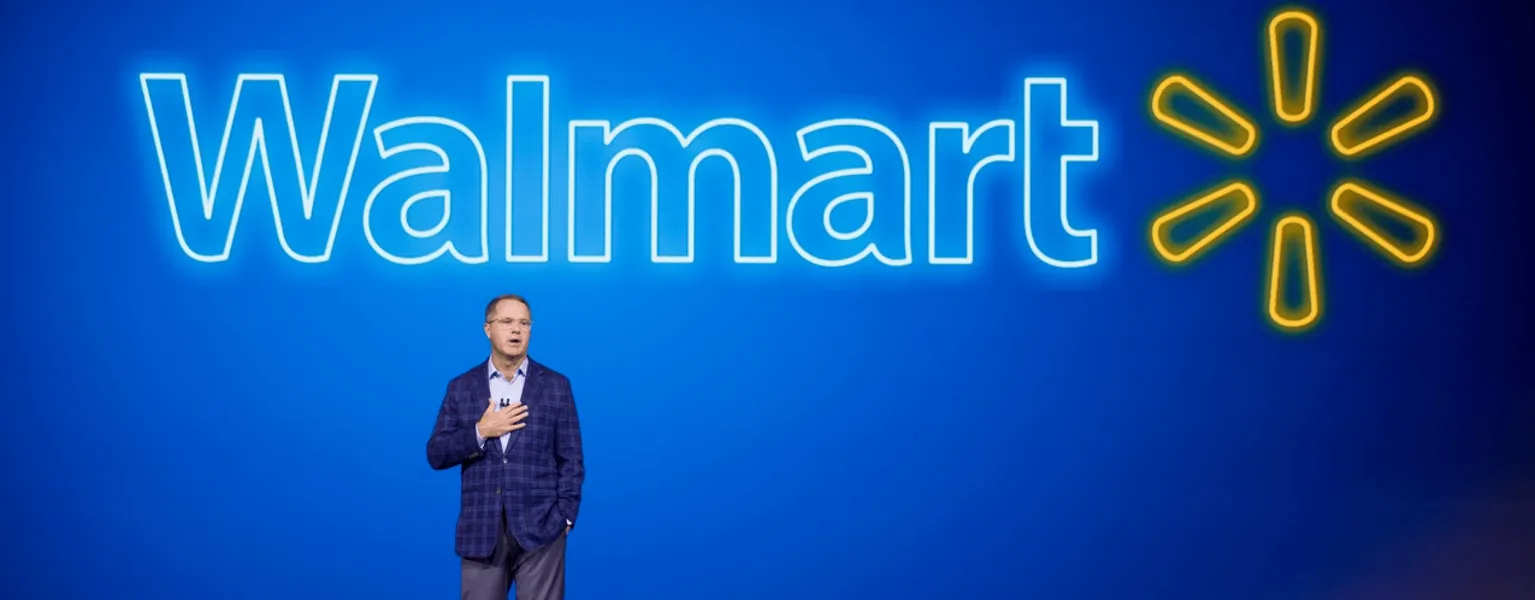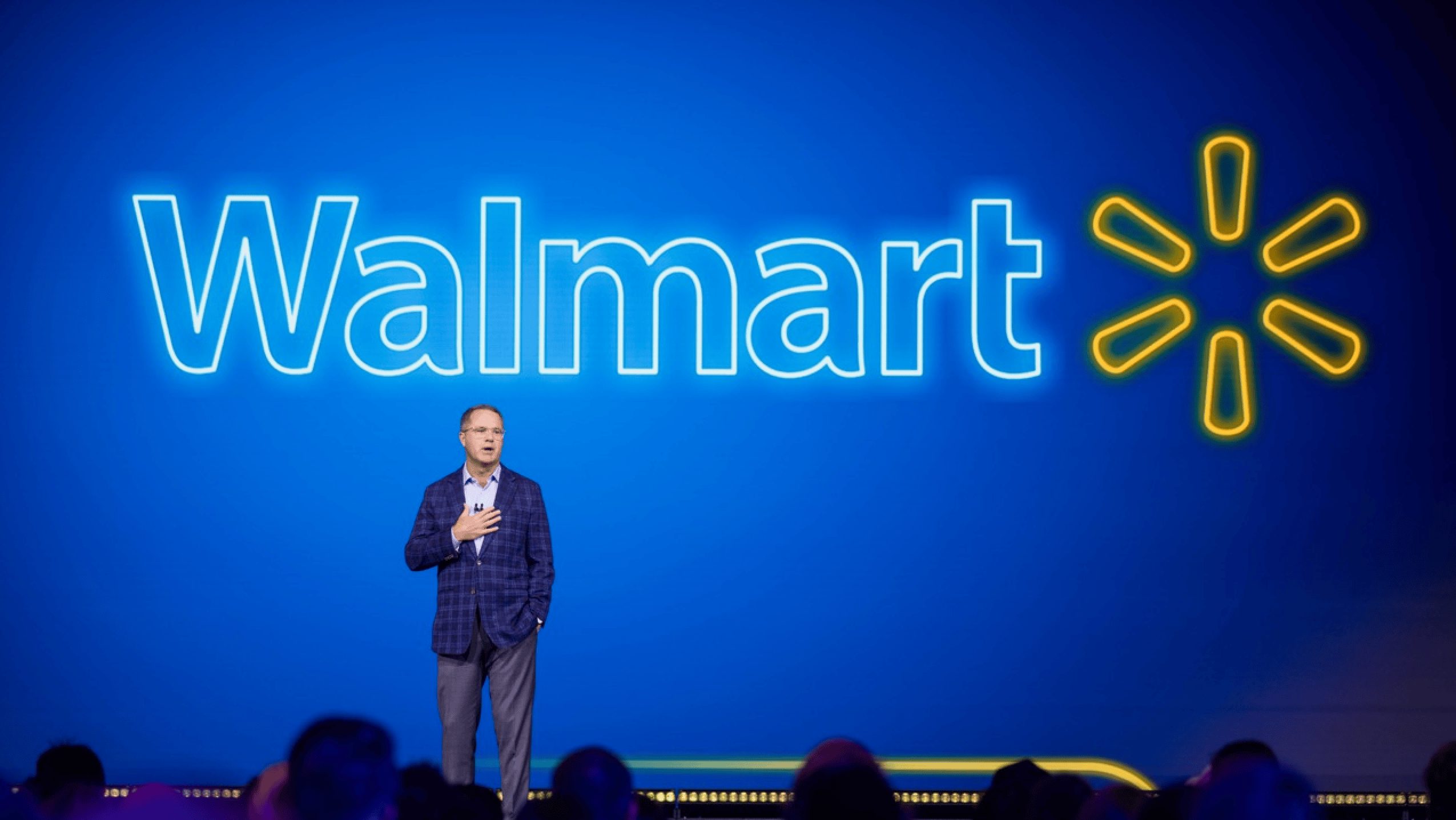Major FMCG companies withdraw from US Plastics Pact ahead of 2030 targets

Business
Several leading consumer goods companies — including Walmart, Nestlé, Mars, Mondelēz International, and L’Oréal USA — have confirmed their departure from the US Plastics Pact, signalling a shift in industry alignment as the coalition moves towards a revised set of sustainability goals for 2030.
The US Plastics Pact, launched in 2020 under the Ellen MacArthur Foundation’s global framework, brought together stakeholders across the plastics value chain with the collective aim of creating a circular economy for plastic packaging in the United States. Its original 2025 objectives included ensuring that all plastic packaging was reusable, recyclable, or compostable, alongside an industry-wide recycled content average of 30%.

Despite growing to more than 125 members, the initiative has faced challenges in meeting its ambitious targets. By 2023, data indicated that only around 50% of packaging from signatory companies met the recyclability or compostability standards, while the average recycled content across packaging remained at approximately 11%.
In recent months, participating companies have acknowledged the difficulty in meeting the original timelines. In early 2024, Mars stated that although progress had been made, achieving the 2025 objectives was unlikely due to slower-than-expected changes in infrastructure and packaging design. Walmart also shared an update in early 2025, noting improvements but conceding that certain targets were out of reach.
As the Pact now shifts focus to updated goals for 2030, including a 30% reduction in virgin plastic use, the phasing out of problematic materials, and maintaining a 30% recycled content rate, some of its largest members have opted not to continue. The implementation of these revised objectives is scheduled to begin in January 2026.
The exit of these influential brands raises questions about the future trajectory of voluntary plastic reduction efforts within the US FMCG sector.
Related News
-
Business
Criticism mounts as PepsiCo revises reuse and plastic reduction targets
-
Sustainability
Huggies outer plastic packaging now recyclable for US consumers
-
Business
New grants support US composters process packaging and food waste
-
Sustainability
Walmart Canada launches recycling initiative for excess and damaged reusable bags
-
Business
Canadian grocery retailers embrace reusable food packaging pilot




